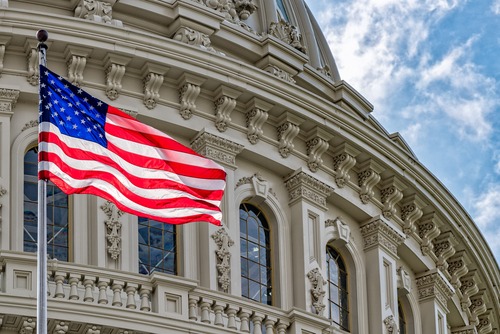
U.S. Rep. Peter DeFazio (D-OR), chair of the House Committee on Transportation and Infrastructure, joined 30 other Democratic committee members in urging Congressional leadership to include transformational policies included in the INVEST in America Act.
In the letter to House Speaker Nancy Pelosi (D-CA) and Senate Majority Leader Chuck Schumer (D-NY), the members underscored the extension work and deliberation that went into the House-passed surface transportation and water infrastructure legislation passed by the House earlier this year. The members noted that the INVEST in America Act was the product of bipartisan meetings with over 70 stakeholder groups, more than 20 committee hearings, and incorporates more than 300 amendments.
Additionally, nearly 1,500 Member Designated Projects were requested by members of both parties, designed to make much-needed infrastructure investments in communities across the country.
“The INVEST in America Act delivers meaningful, transformational policy solutions,” the Members wrote. “For the first time, the bill provides resources for states and communities to tackle transportation greenhouse gas emissions, the leading cause of U.S. carbon pollution, and to mitigate the effects of the climate crisis that are occurring today. It employs a ‘fix-it-first’ approach, ensuring that states maintain a state of good repair and consider affordable and efficient alternatives to reduce congestion. It makes a long-overdue commitment to expanding and improving the U.S. passenger rail network—providing Americans with better access to one of the most climate-friendly transportation options. It supports the repair and rebuilding of crumbling bridges and provides dedicated resources for major bridge projects, off-system bridge repairs, and critical Tribal and rural bridges. The bill strengthens our commitment to safety for all users by reforming federal design standards, building complete streets, and investing in safety measures that will save lives on our roadways.”
The letter said many of the critical reforms put into the legislation by the House are not included in or have not been fully addressed by the Senate bipartisan infrastructure process and that Congress should reject efforts to categorically exclude the House’s processes and efforts.